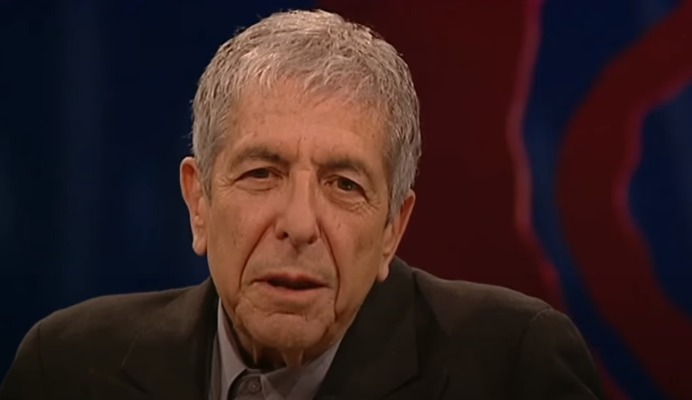Leonard Cohen left behind a lot more than just poetry, his words echoing like holy chants for people torn between love and loss. He left behind a warning, written in spreadsheets rather than stanzas. His voice calmed generations, but his finances collapsed in a way that few could have predicted.
Cohen had established a peaceful life at the Mount Baldy Zen Center by the early 2000s. He trusted his longtime manager, Kelley Lynch, to manage his affairs after he stepped away from the stage. That trust would turn out to be disastrously misguided. He found out in 2005 that almost all of his life savings, which he had carefully accumulated over many years, had disappeared.
According to court documents, Lynch, who was tasked with overseeing Cohen’s assets during his monastic seclusion, instead depleted his bank accounts, sold off his publishing rights, and liquidated investments. His $5 million nest egg had dropped to less than $150,000 by the time he returned from the retreat, which was a startlingly small amount for an artist of his caliber.
| Field | Details |
|---|---|
| Full Name | Leonard Norman Cohen |
| Date of Birth | September 21, 1934 |
| Date of Death | November 7, 2016 |
| Place of Birth | Westmount, Quebec, Canada |
| Profession | Poet, Novelist, Songwriter, Musician |
| Genres | Folk, Pop, Rock, Spoken Word |
| Notable Works | “Hallelujah,” “Suzanne,” “Dance Me to the End of Love” |
| Net Worth at Death | Estimated $10 million |
| Legal Battles | Sued Kelley Lynch in 2005, won $9 million judgment |
| Children | Adam Cohen (musician), Lorca Cohen |
| Reference | Celebrity Net Worth |
Cohen chose to take a risk rather than fade into retirement. Out of need, not for cheers, he took the stage again. His world tour, which began in 2008, was not only a resurgence but also a sort of artistic rebirth. He sang his songs like prayers in front of crowded crowds, each lyric bearing the weight of grace and experience. This late-career tour turned out to be one of his most successful periods. Critically acclaimed albums like Old Ideas (2012) and You Want It Darker (2016) struck a deep chord with both new listeners and devoted fans. He significantly improved his financial situation by rebuilding his catalog, and before his death in 2016, his estimated net worth was $10 million.But the tale didn’t stop there.

A new level of complexity surfaced after Cohen’s death, this time pertaining to his estate. According to reports, the alleged “Leonard Cohen Archive,” a vast collection of unpublished lyrics, notebooks, and private manuscripts, was worth more than $48 million. With family members, former trustees, and estate managers contesting control, this revelation sparked a legal storm.
The conflict has turned into a public and personal one for Adam and Lorca Cohen. Adam, who is also a musician, assumed the role of steward and worked to preserve the legacy while dealing with the ongoing legal issues. The archive, which is full of unfinished ideas and spiritual reflections, symbolizes artistic heritage in addition to monetary worth.
In contrast, Bob Dylan sold his entire songwriting catalog for an astounding $300 million, which is generally regarded as a calculated and preemptive move. In the meantime, Prince’s lack of a will caused years of confusion for his estate. Cohen’s case falls in the middle; his archives have been preserved, but there are still disagreements over what will happen to them.
Cohen was open about money during his lifetime. He once made a joke about how he started writing songs just to make ends meet. However, his situation was not amusing. To regain his livelihood, a man who had provided generations of people with comfort through songs like “Famous Blue Raincoat” had to go back to the road.
That struggle elevated his later work in many ways. With a deeper voice and a purposeful stillness, he sang songs that sounded like benedictions. The audiences had also grown older. They came to observe as well as to listen. This was spiritual healing, not merely amusement.
From a wider angle, Cohen’s financial ordeal illustrates a far too familiar predicament. Despite their widespread recognition, many artists struggle with financial planning and rights management. There is now even more urgency due to the development of AI, deepfake voices, and digital cloning. After the voice becomes silent, who is the owner?
That is still an open question for Cohen’s kids. Legal documents from 2022 indicate that the battle for the archive is still ongoing. Even though the profits are still in limbo, the estimated $48 million value of the archive serves as evidence of the lasting value of his legacy.
However, loss does not define Leonard Cohen’s story. Resilience shapes it. He transformed hardship into art after being betrayed by a person he trusted and being compelled to sing once more not voluntarily, but by necessity. In addition to regaining his wealth, he solidified his status as a master of human nature.
